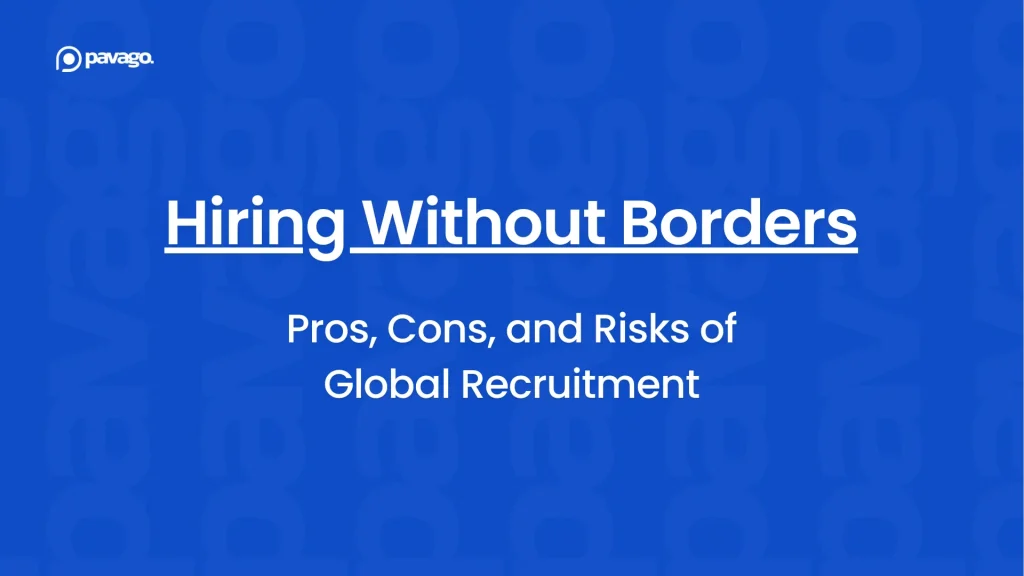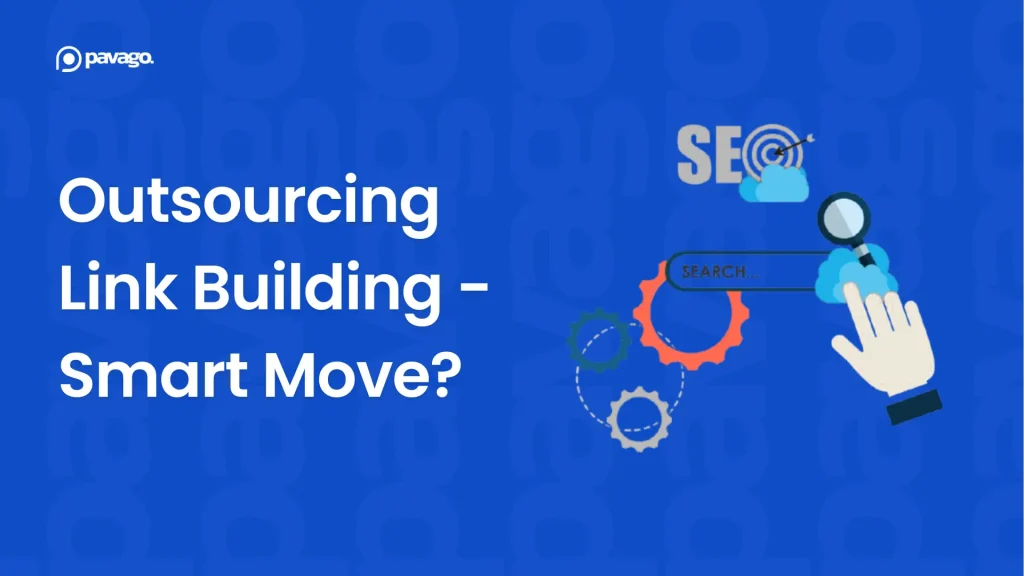You’ve done your research. You understand the cost savings, the access to specialized expertise, and the operational benefits that offshore accounting can deliver. You’ve likely read the case studies, analyzed the ROI projections, and perhaps even spoken with other business owners who have made the transition.
The theoretical benefits are clear – 40-60% cost reductions, access to skilled professionals, and the ability to scale accounting resources without the overhead of hiring and training.
But theory and implementation are different challenges entirely.
The question now isn’t whether offshore accounting works – countless businesses have proven it does. The question is whether it’s the right strategic decision for your specific business situation, your current operational capabilities, and your growth objectives.
More importantly, are you prepared to make the transition successfully? Let’s find out.
Or if you’d like to talk to an expert and see if offshore accounting is the right fit for your business, book a call with Pavago today (no strings attached, I promise) to get personalized insights.
Four Critical Questions to Ask Yourself Before You Offshore Accounting
1. Is your current accounting function holding you back?
If you’re spending more time managing accounting staff turnover, training new hires, or dealing with capacity constraints during busy periods than actually running your business, offshore accounting starts to look pretty attractive.
Companies that have successfully made the switch to offshore teams report that removing the headache of managing in-office teams freed up serious executive bandwidth for what actually matters: growing the business.
Here’s a reality check: if maintaining quality internal accounting capabilities is eating up more than 8-12% of your revenue, or if finding and keeping qualified accounting people has become a recurring nightmare that impacts your operations, you’ve probably hit that tipping point.
2. Do you have the infrastructure for effective oversight?
Successful offshore accounting relationships require clear processes, defined expectations, and regular performance monitoring.
If your business already has documented accounting procedures and performance metrics in place, transitioning to an offshore model becomes significantly smoother.
The companies that struggle? They’re usually the ones that lack internal systems for managing and measuring accounting performance.
Before you make this move, make sure you have someone internally who can effectively manage the relationship and keep quality standards where they need to be.
Related: How to Build A Successful Remote-First Company in 2025
3. Can you commit to the relationship long-term?
Offshore accounting delivers maximum value when you treat it as a strategic partnership, not a quick cost-cutting fix.
The initial transition typically takes 3-6 months of intensive collaboration to establish workflows, train the offshore team on your specific requirements, and get processes optimized.
Companies that go into this with a long-term mindset – planning for 1-2 year minimum relationships – consistently get better results and higher satisfaction than those looking for quick fixes.
Offshore finance isn’t a Band-Aid solution; it’s a strategic shift that pays off over time.
4. Is your business model suited for remote financial management?
Some business models integrate more naturally with offshore accountants than others. Companies with standardized processes, digital workflows, and minimal cash handling typically experience smoother transitions.
Businesses requiring frequent in-person collaboration, handling significant cash transactions, or operating in highly regulated industries like healthcare may need specialized offshore providers with specific expertise – such as medical billing specialists.

When Does Offshore Accounting Make Sense?
Or let me phrase it better: for what type of businesses does offshoring accounting make sense?
1. Growth-Oriented Businesses
Companies planning expansion, whether geographic or product-based, benefit significantly from the scalability that offshore accounting services provides.
Rather than hiring ahead of growth or scrambling to add capacity during expansion, you can easily outsource more employees (or let them go) based on actual business needs.
2. Cost-Conscious Operations
Businesses operating on tight margins or seeking to optimize operational efficiency find that offshore accounting’s 40-60% cost savings can be reinvested in growth initiatives, technology improvements, or competitive advantages that drive long-term value.
3. Resource-Constrained Environments
Small to mid-sized businesses that need sophisticated accounting capabilities but cannot justify full-time specialized positions often find hiring international employees provides access to expertise that would otherwise be unaffordable.
If your business fits any of these categories, let’s cut to the chase and connect you with top-tier offshore accounting talent today.
Making the Final Decision
The businesses that succeed with offshore accounting share common characteristics: they have clear expectations, established processes, and committed leadership support. They view the decision as a strategic investment in operational efficiency rather than simply a cost reduction exercise.
If your business has experienced accounting staff turnover, struggles with capacity during busy periods, or finds that accounting costs are consuming an increasing percentage of revenue, offshore accounting likely represents a viable solution.
The key is selecting a provider that understands your industry, demonstrates strong communication capabilities, and has a proven track record with businesses similar to yours.
Related: Top Finance Recruitment Agencies to Hire Offshore Talent

Finding the Right Offshore Accounting Partner
The success of your offshore accounting initiative depends heavily on selecting the right provider. Not all offshore accounting firms are created equal, and the decision requires evaluating several critical factors beyond just cost.
1. Established Service Providers vs. Direct Hiring
You’ve got two main paths here: working with established offshore accounting firms or building your own dedicated team through direct hiring.
Established providers give you immediate access to trained teams, proven processes, and infrastructure that’s already working, but you’ll have less direct control.
Direct hiring gives you more control and potentially lower long-term costs, but you’re looking at significant investment in recruitment, training, and management system – unless, of course, you hire through Pavago.
Pavago helps you find and recruit pre-vetted offshore accounting talent in just 3 weeks. Save time, reduce overhead, and scale your accounting team quickly.
2. Geographic Considerations
The Philippines, Pakistan, and Latin America are some of the top offshore accounting hubs, each with distinct advantages.
- The Philippines offers strong English proficiency and cultural alignment with Western business practices
- Pakistan provides deep technical expertise and scalability
- Latin America delivers proximity for real-time collaboration and strong regulatory knowledge for international compliance.
3. Provider Evaluation Criteria
Look for providers with specific experience in your industry, demonstrated proficiency with your accounting software, and verifiable client references.
The best providers, whether offshore companies or professionals, maintain professional certifications (CPA equivalents, ACCA, etc.), invest in ongoing training, and can demonstrate their quality control processes.
Security certifications like SOC 2 compliance and ISO 27001 are non-negotiable for handling sensitive financial data.
Frequently Asked Questions
1. How do offshore accounts work?
Offshore accountants are professionals based in foreign countries who handle accounting tasks for businesses, typically offering cost-effective solutions, specialized expertise, and the ability to work across different time zones. They manage tasks like bookkeeping, tax preparation, and financial reporting remotely.
2. What are the advantages and disadvantages of offshore accounting?
Offshore accounting offers significant cost savings, access to highly skilled professionals, and flexible working hours due to time zone differences. However, it can present challenges such as communication barriers, cultural differences, and legal or regulatory complexities depending on the country.
3. Which is better for accounting – offshore or onshore?
It depends on your business needs. Offshore accounting is ideal for cost savings and accessing specialized talent, but onshore accounting provides easier communication and better alignment with local regulations. Choose based on your budget, scale, and complexity of your operations.
4. How do you choose an offshore accountant?
Choose an offshore accountant based on their expertise in your industry, their communication skills, and their ability to meet compliance requirements. Use vetted platforms or agencies like Pavago to find trusted talent, and start with small projects to assess their fit.
Conclusion
Offshore accounting isn’t just about saving money; it’s about finding the right talent to help your business grow without the usual overhead.
If you’re looking to scale, streamline operations, or reduce costs, offshore accounting could be a smart move. The key is knowing when the time is right and having the right systems in place to make the transition smooth.
If you think offshore accounting could be the right fit for your business, Pavago can help.
We specialize in connecting you with pre-vetted offshore accounting talent quickly, so you can focus on what’s important — running and growing your business.
Talk to us today and start building your offshore accounting team!
















